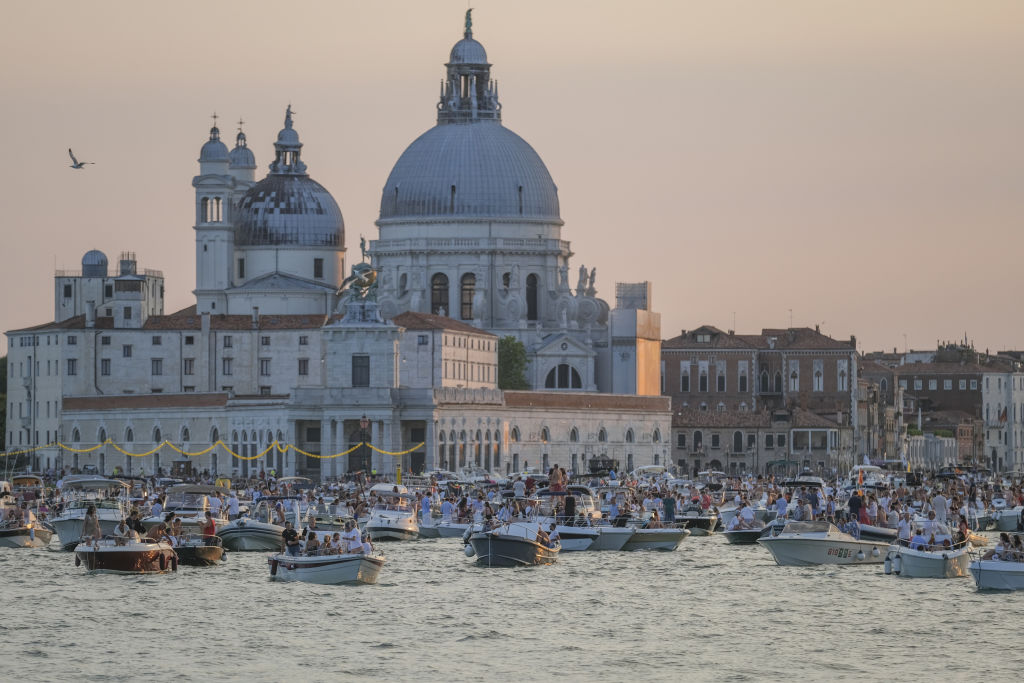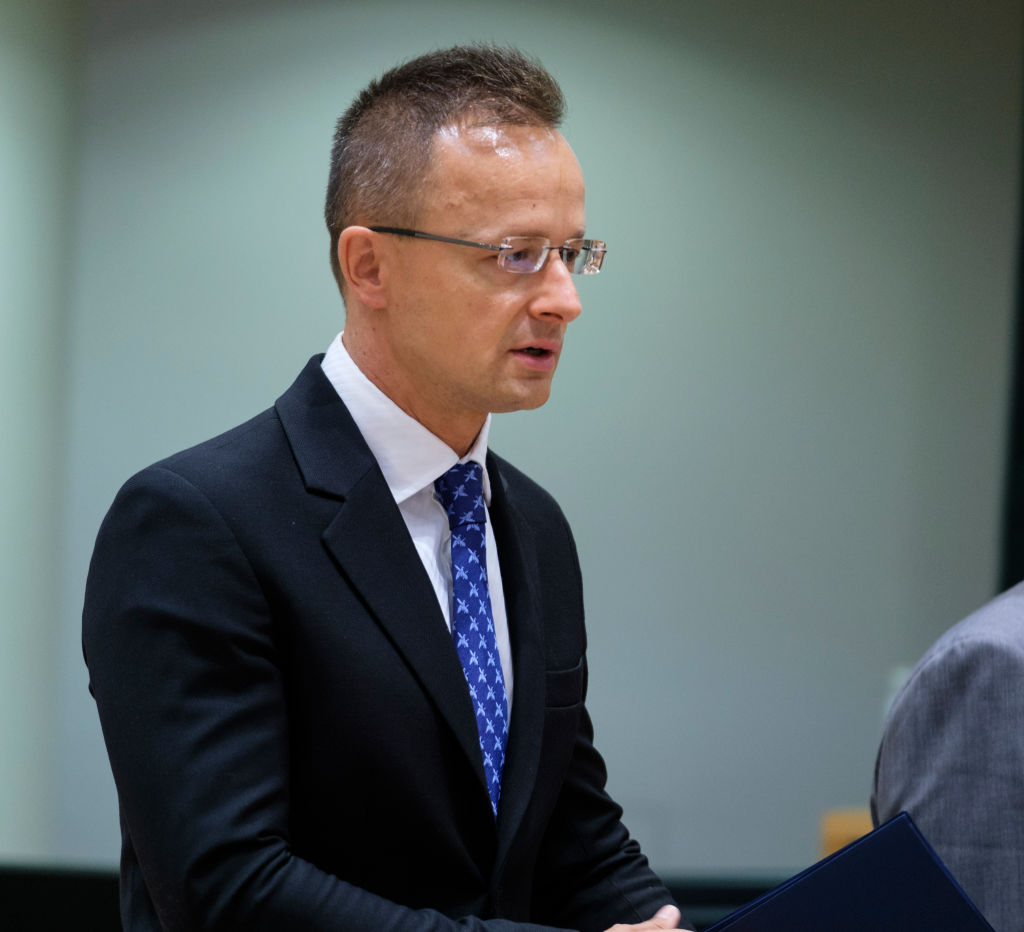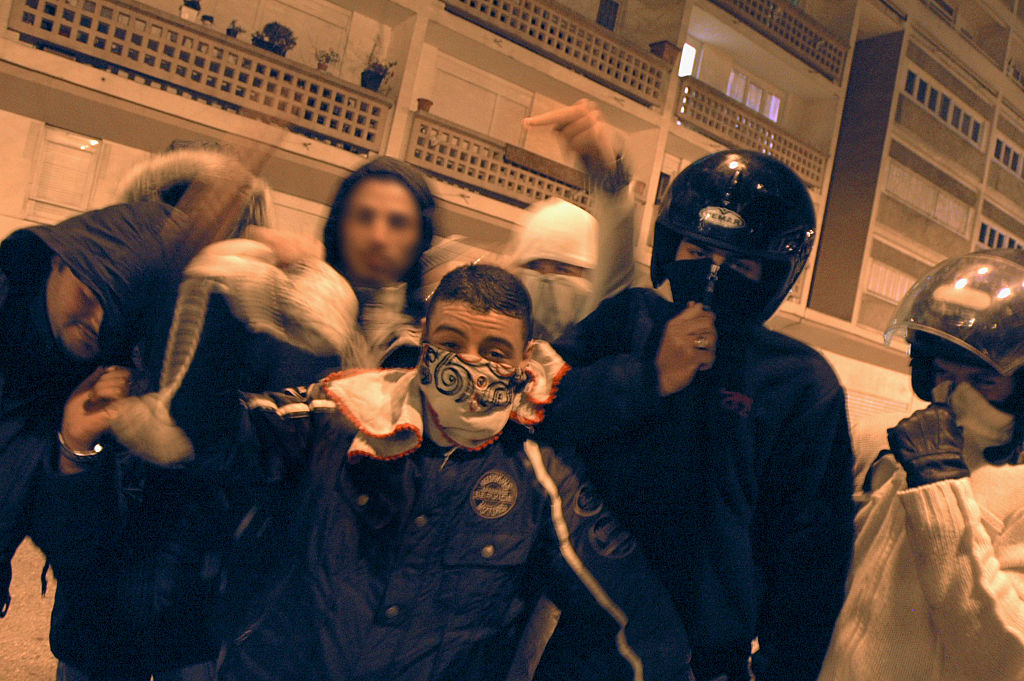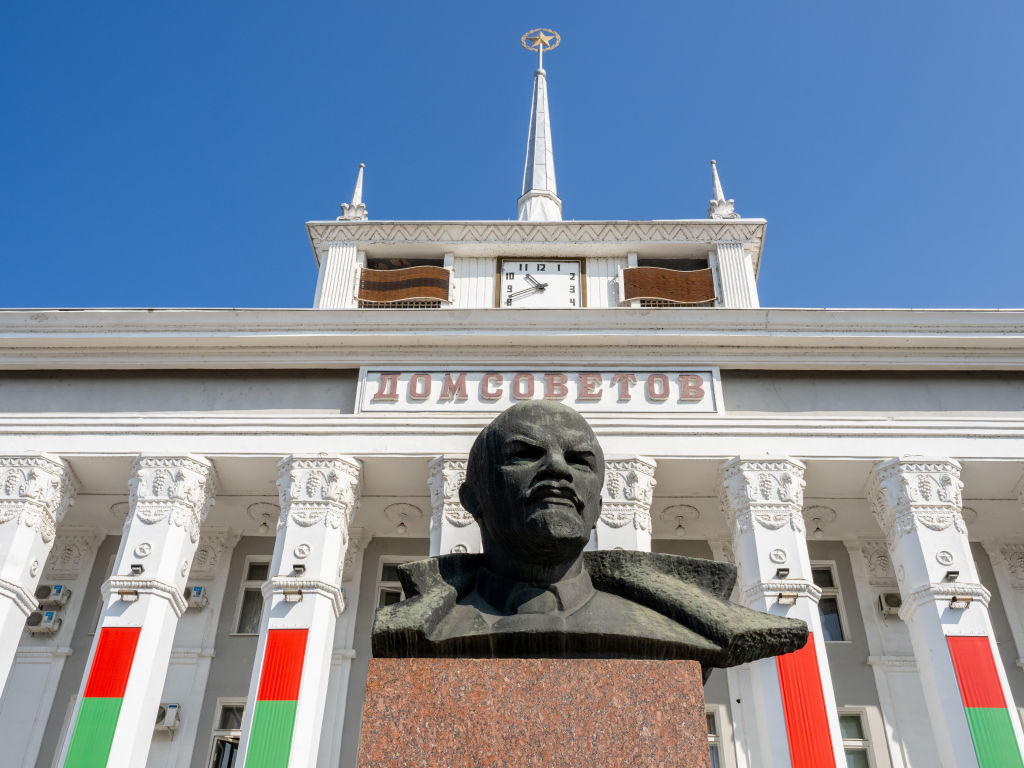Roberta Metsola, President of the European Parliament, has been touched by two scandals in less than a month, both involving allegations of influence peddling and conflict of interest.
At the end of August, it became known that Metsola placed her brother-in-law, Matthew Tabone, as head of her cabinet with a monthly salary of between €15,000 and €20,000. In 2022, Metsola tried to appoint Tabone to the role but was forced to back down after her bid prompted an outcry. This time she seems to have had little trouble in placing her brother-in-law in the position.
This came after the disclosure that the new rules against conflicts of interest, which Metsola backed after the European Parliament’s cash-for-influence Qatargate scandal in 2022, affect everyone in the European Parliament except her. She alone is not required to make any declaration regarding conflict of interest.
It ought to come as a surprise to no one that, up until now, Brussels, the world’s second-largest lobbying centre – second only to Washington – had no rules governing its members’ conflicts of interest.
The European bubble is known to exemplify the difference between saying and doing. It is also known for promoting new values that apply exclusively, and sometimes suspiciously, to third parties.
The European Parliament is no exception. Seven hundred and twenty MEPs with thousands of advisers is a difficult institution to manage or control.
Metsola has been known in recent years for her fight against corruption and for good governance, something from which the group to which she belongs, the European People’s Party, has benefited.
Following last June’s elections, she was re-elected as president for another two and a half years. Now the new conflict of interest rules are a big blot on her CV after it was discovered that they appeared to apply to everyone except her.
Is this a scandal in itself? I do not think so. It is common for certain regulations not to apply to the most important positions in the European Union. This is neither good nor bad, it just is. Power calls to power. Privileges to privileges.
What is scandalous in this case is that her husband, Ukko Metsola, is head of lobbying for Europe and the Caribbean for Royal Caribbean, the second largest cruise line operator in the world. As well as being one of the most important leisure sectors on the continent, its critics say it is one of the most polluting.
Some voices have come out in defence of Metsola, claiming that there has been no interference in legislation affecting her husband’s sector – such as climate change and the obligation to use certain synthetic or less polluting fuels – but the fact that she holds such an important office in itself generates rumours about the suitability of the position. After all, they sleep together, and no one knows what they share in private.
It is not that Metsola has done anything wrong in particular. Some report that objectively she has not interfered, merely spoken well of her husband’s industry — though some see that as an inappropriate influence. The issue is not so much what happened but that the law does not apply to her in particular, despite who her husband is.
Many are suspicious that Ukko and his cruise line company have benefited from his wife’s career. Parties and meetings with nobility and the political and business class across the continent feed the suspicion.
On the other hand, some critics consider lobbying to be a legalized form of corruption in Western parliamentary systems. Although its activity is often public – though not always – ordinary citizens are unaware of how it is works and what interests are really defended and protected by certain legislation. In other words, legislators do not legislate for the common good, as many would have ordinary people believe.
The case of Ukko and the lobbying by his industry is one such example. They have succeeded in getting the EU to legislate in favour of subsidising the cruise industry’s energy transition. In return, his company pretends to be ‘environmentally responsible’ or climate conscious. Is this a joke?
It is particularly interesting how Metsola, who is a staunch advocate of the green transition, has tried to present maritime transport in a positive manner on several occasions, even though together with aviation maritime transport is of the most polluting sectors.
In the European Parliament, an institution where the legal profession is over-represented, how is it possible that this small detail has been omitted from the code of ethics on the rules that ought to apply to the leader of that institution? If it is deliberate, it is a blunder. If it is not, it is even worse and demonstrates incompetence.
Bribery, corruption, mismanagement, harassment… there was plenty of it during the last legislature. Have we already forgotten about Qatargate? Then there is the less commented upon but equally worrying Moroccogate, the suspected Moroccan bribery of members of the European Parliament regarding the Western Sahara conflict. These two cases alone should have been enough to turn the entire European Union upside down and expose all the internal corruption whoever it belongs to, no matter the political colours.
Metsola’s case is not unique. Two years ago, the newly elected president of the Commission, Ursula von der Leyen, was also affected by the position of her husband, Heiko.
That year seven MEPs from the Greens/European Free Alliance coalition sent a letter to the commission’s then vice-president for transparency, Vera Jourová, highlighting the fact that Heiko von der Leyen’s company (Orgenesis) had received EU funding on two separate occasions.
Before that, former Green MEP Rosa D’Amato filed the same complaint in the European Parliament.
Orgenesis’ Italian subsidiary engaged in a European-funded gene and cell therapy project and Heiko von der Leyen was elected to the supervisory board, but resigned after the Italian press reported his role in the programme.
He resigned once the scandal broke, not before, leaving observers to wonder when he realised there could be a conflict of interest.
However, Jourová denied at the time that Heiko von der Leyen’s role in both projects was a problem in this respect.
The European elite protects itself. This should come as no surprise, although the pertinent question in a European Union that boasts of transparency and good governance would be: who protects the public?





